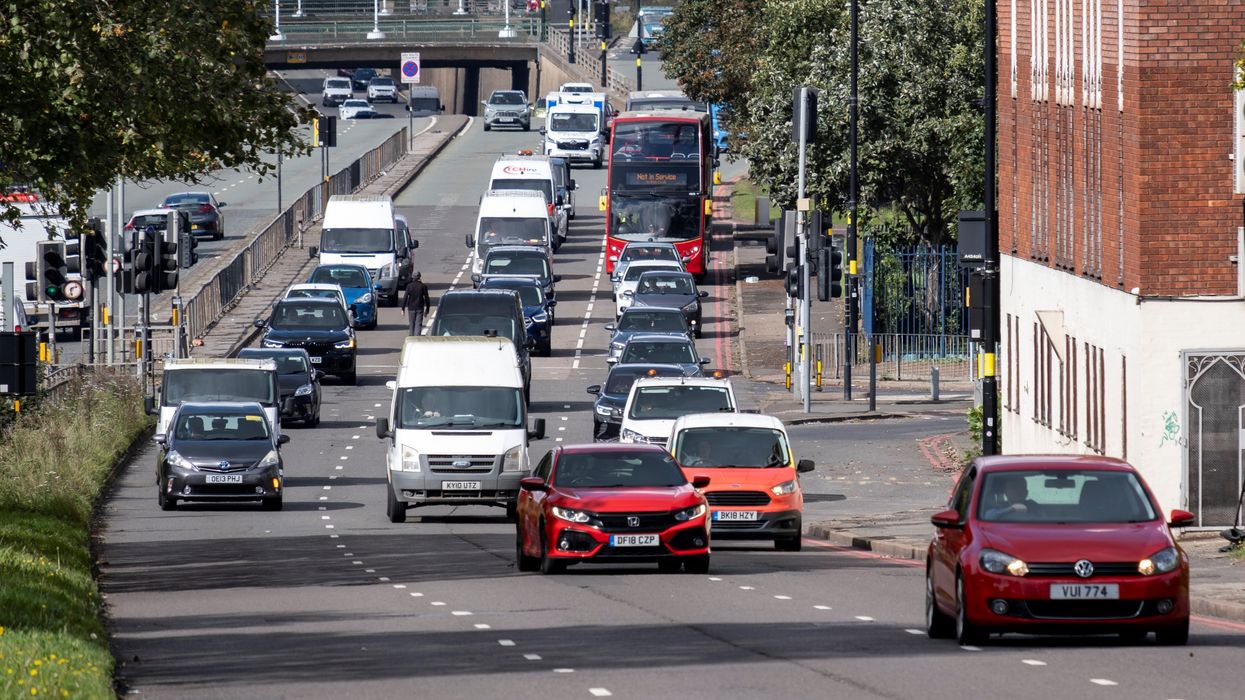Drivers in Singapore need to pay £87,000 to own a car with calls for UK to follow suit

There are around 40 million registered cars in the UK
|GETTY

Residents in Singapore have to apply for the chance to own a car
Don't Miss
Most Read
Drivers in Singapore will be required to pay a record high amount for a certificate to own a large family car, in addition to the price of paying for the car.
The cost to own a large family car in Singapore has soared to S$146,002 or £87,787, with drivers needing to bid for a certificate.
The Certificate of Entitlement (COE) has a 10-year length and is designed to control the number of vehicles in the city.
The price of a COE for a large car has more than quadrupled since 2020 to a record £87,787 – the equivalent of buying four Audi A1 models and still having a few thousand pounds to spare.

People in the country see owning a car as a "Singapore Dream"
|REUTERS
According to Reuters, the COE, registration fees and taxes, a new Toyota Camry Hybrid would cost S$251,388 or a staggering £151,153.
In comparison, a new Toyota Camry Hybrid in the UK would cost between £31,670 and £35,505.
The median annual salary for a household in Singapore is S$121,188 or £72,867, with many seeing car ownership as luxury, with one sociologist calling it the “Singapore Dream”.
Singapore, which is the most expensive city in the world to buy a car, is home to 5.9 million people and can be driven across in less than an hour.
The COE scheme is used to cut down on the number of vehicles on the street in the city-state and is based on demand.
During the pandemic, the cost of a COE dropped as low as S$30,000 (£18,038), but a post-Covid boost in economic activity saw the price rise again.
The number of vehicles in Singapore is capped at 950,000, with COEs only being made available if older vehicles are deregistered.
Some people have called for measures to be introduced to reduce the reliance on vehicles in the UK, with around 40 million licensed vehicles.
Trudy Harrison, a former Transport minister, called on the UK to move away from car ownership and ensure there is a system “fit for the future” and allow for greater flexibility.
She warned that the UK was at a “tipping point” and called for shared transport options to become more popular including car clubs, e-scooters and bike share schemes.
There are currently no plans to introduce an equivalent scheme in the UK as seen in Singapore, although some groups have called for a reduction in the rate of car ownership.
Richard Dilks, chief executive of Collaborative Mobility UK (CoMoUK), said: “Shared transport is the key to a more sustainable future for the UK, enabling people to use transport without the need to own it - shifting to resources such as car clubs, bike share, shared rides and demand responsive transport – with a lower impact on the environment and transport infrastructure.
LATEST DEVELOPMENTS:

Drivers in Singapore are required to pay a Certificate of Entitlement to own a car
|PA
"By encouraging people to use public and active travel modes more, governments can help reduce the demand for privately owned cars and achieve the country’s net zero strategy.”







